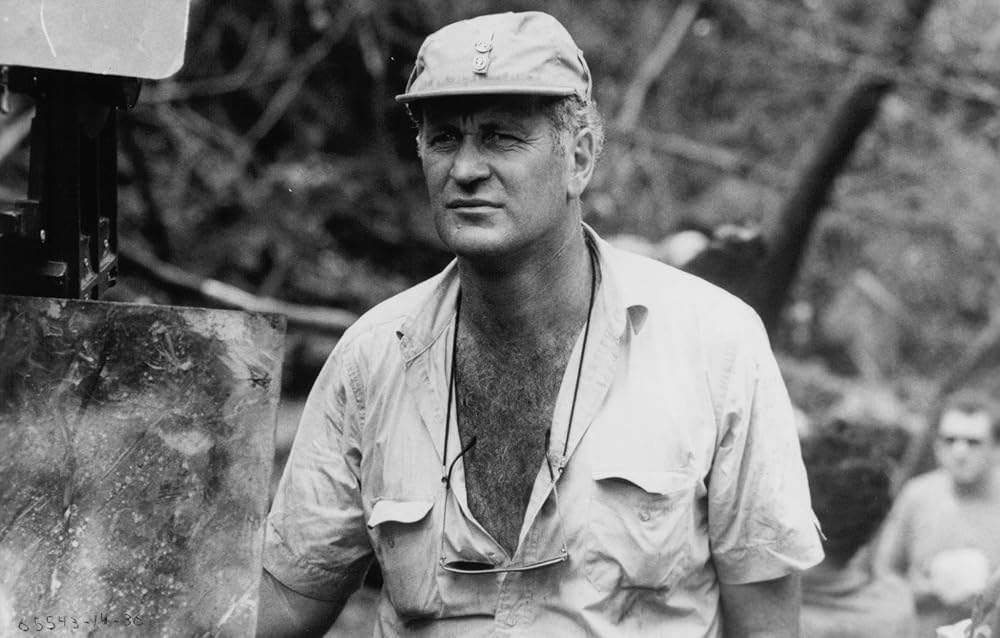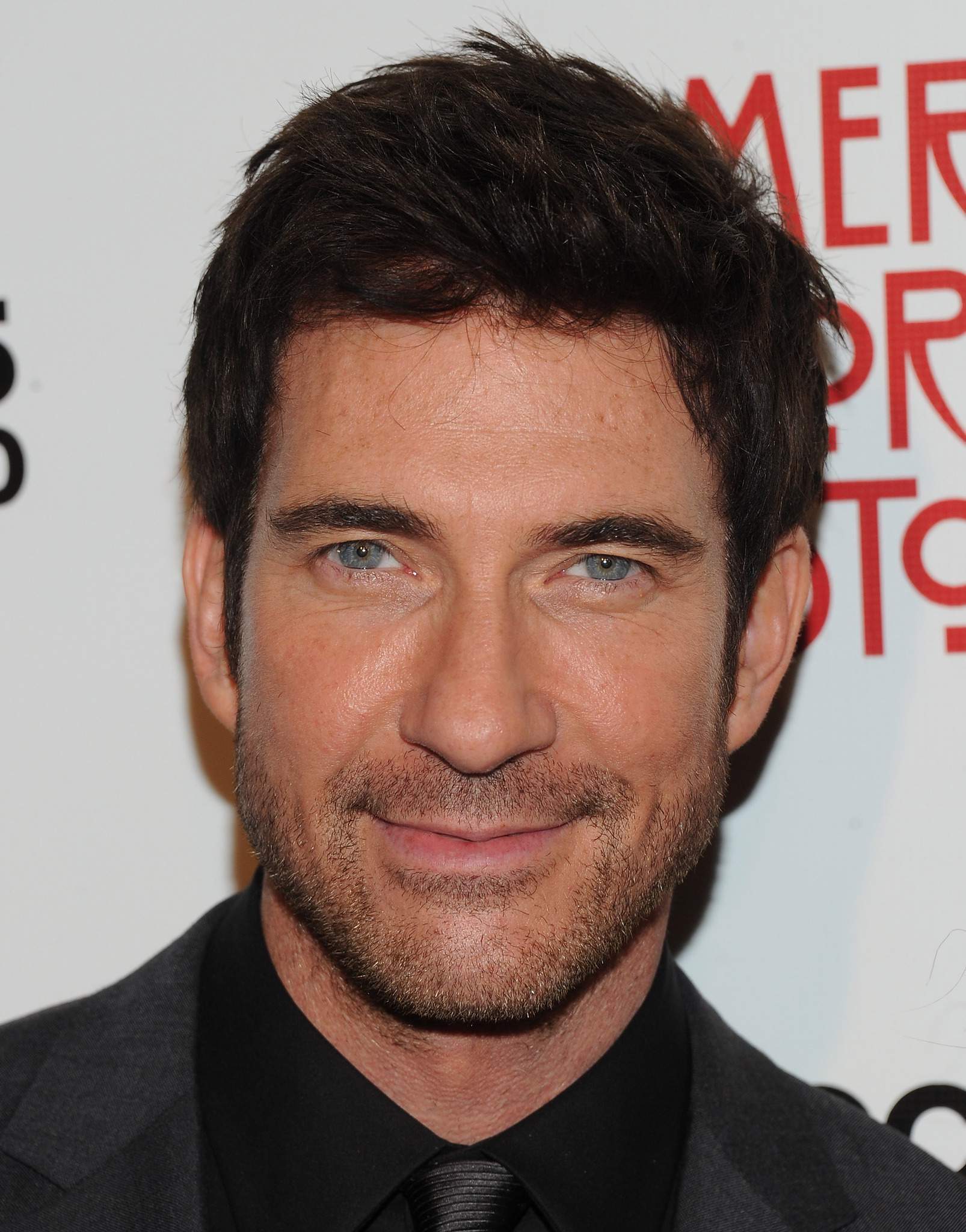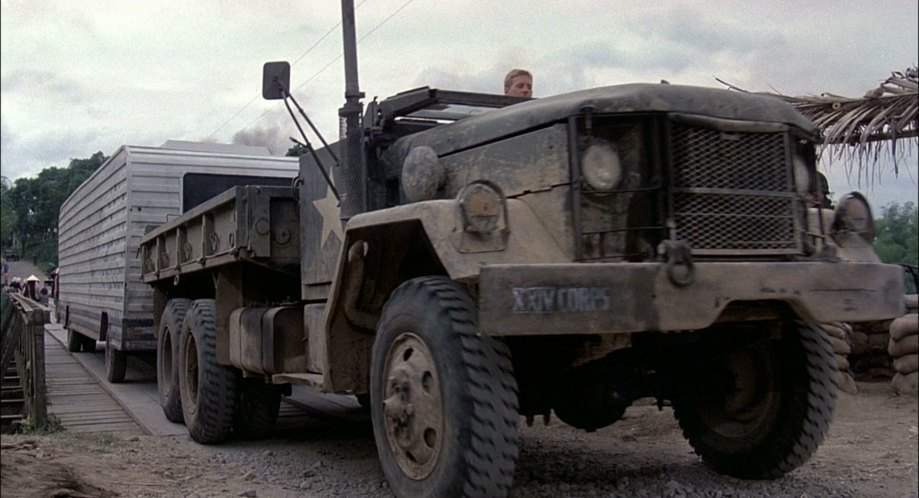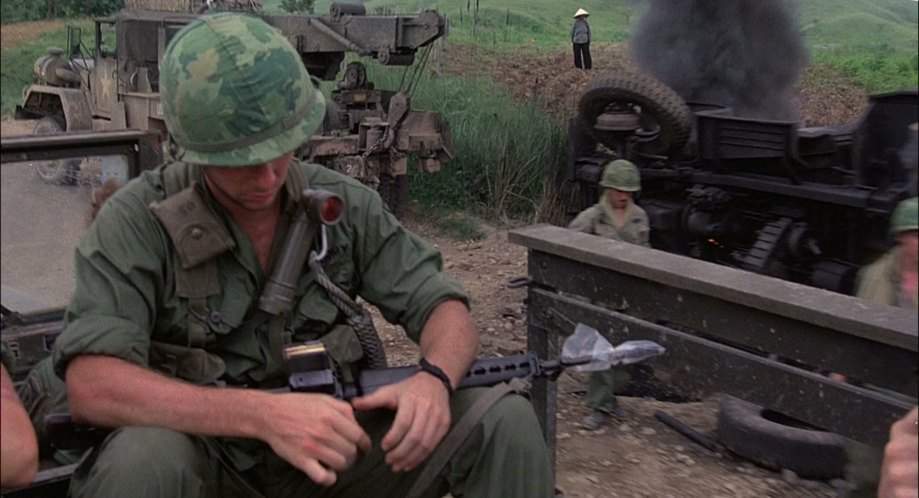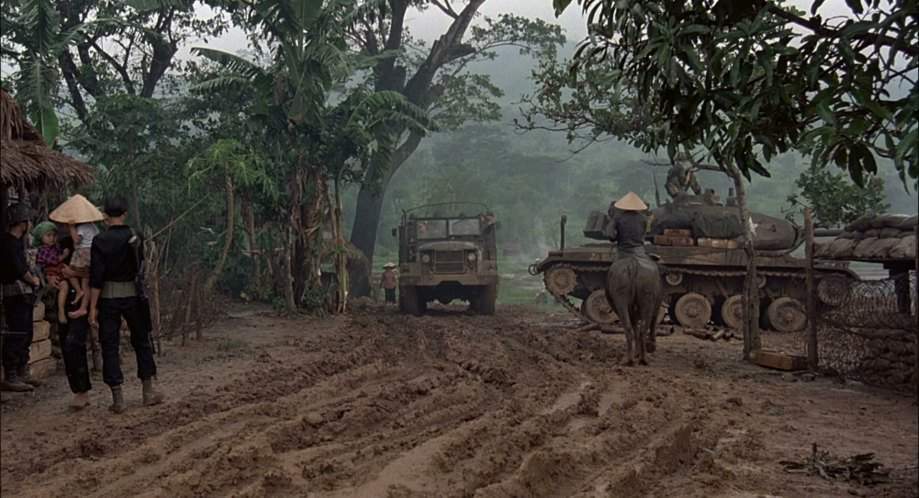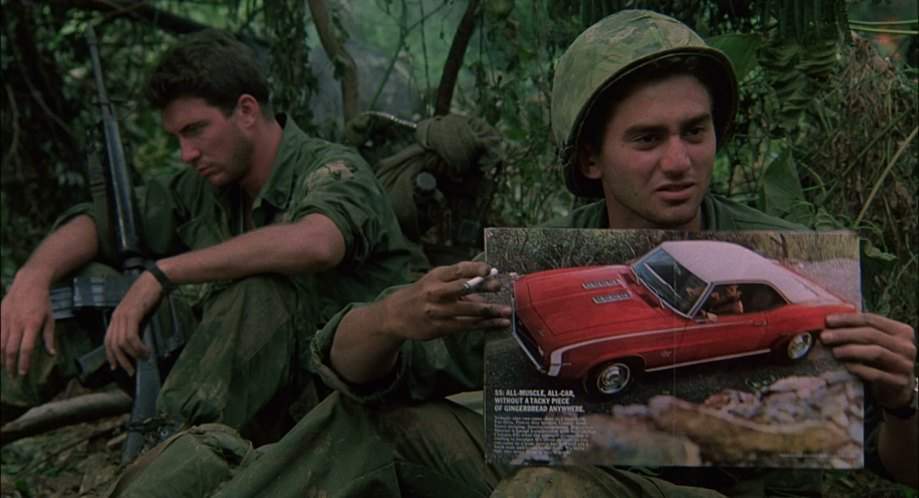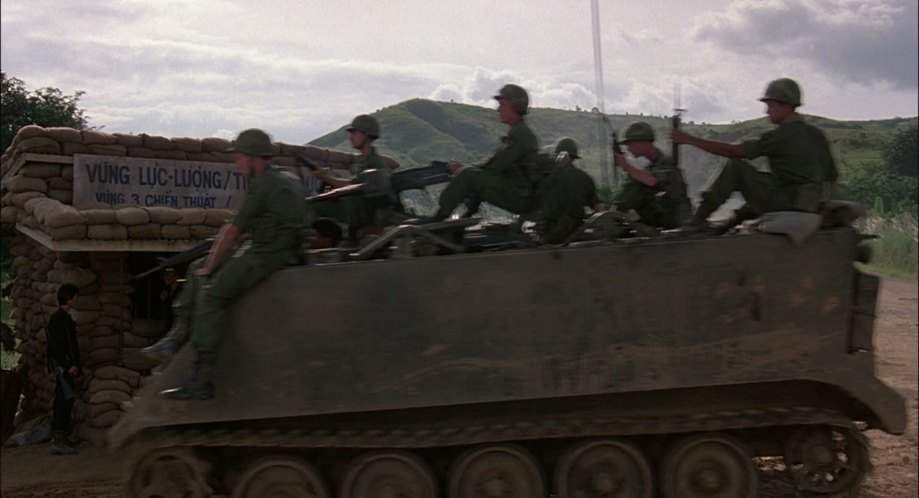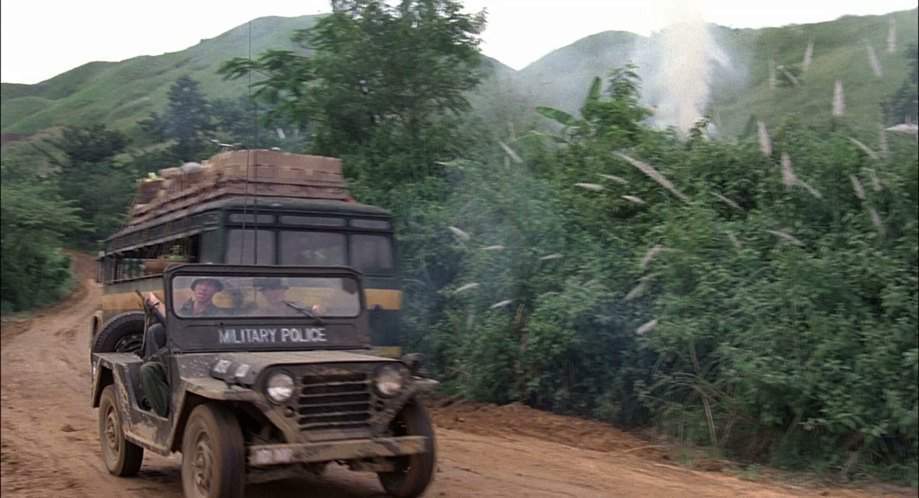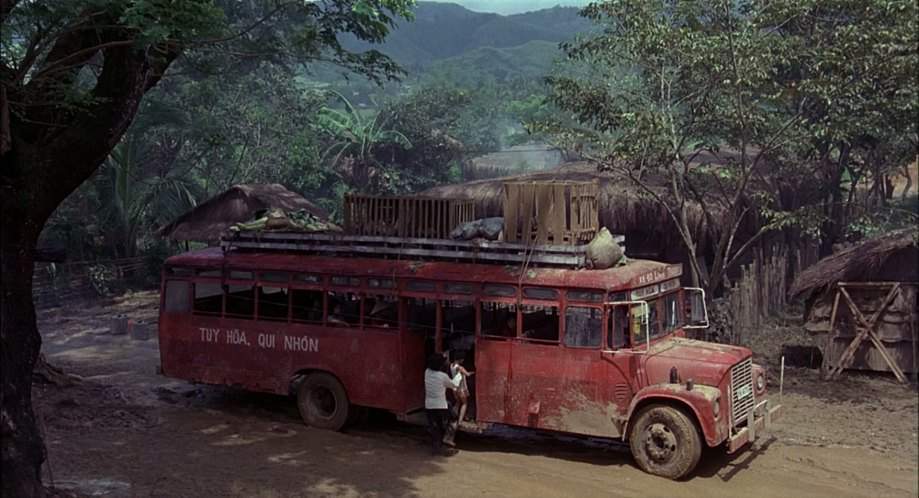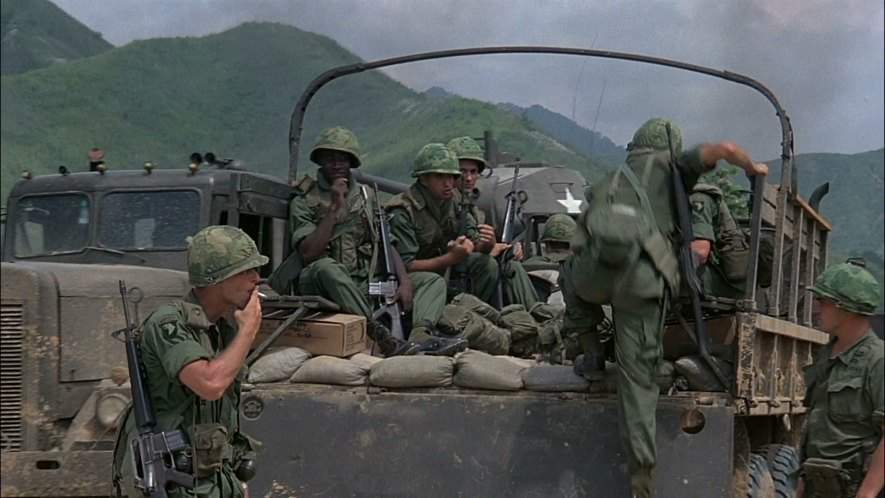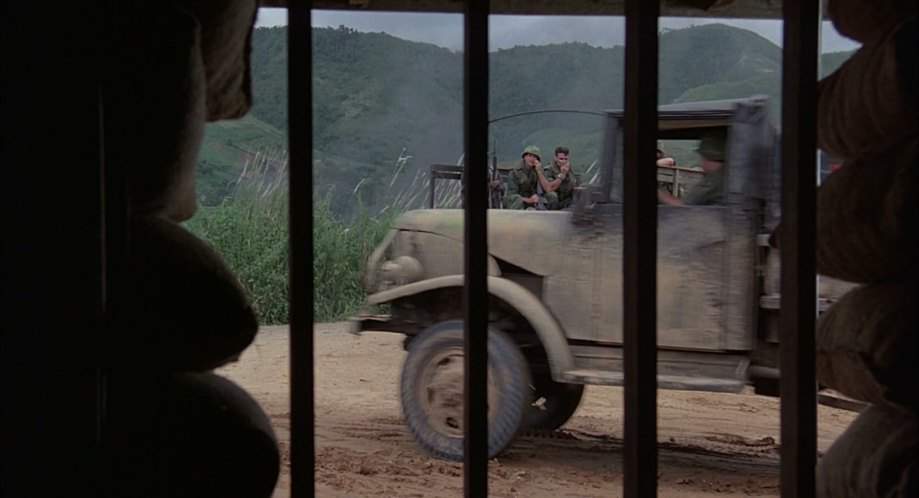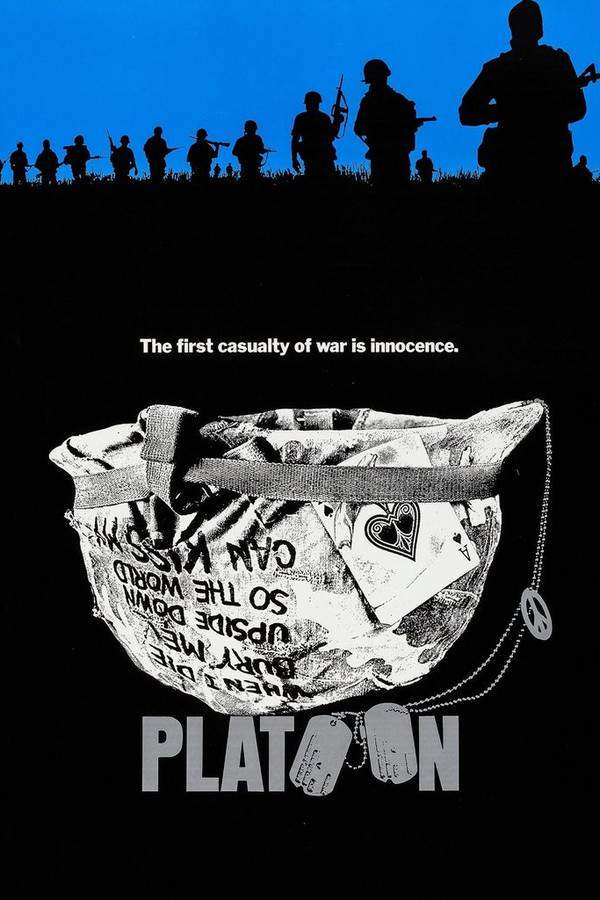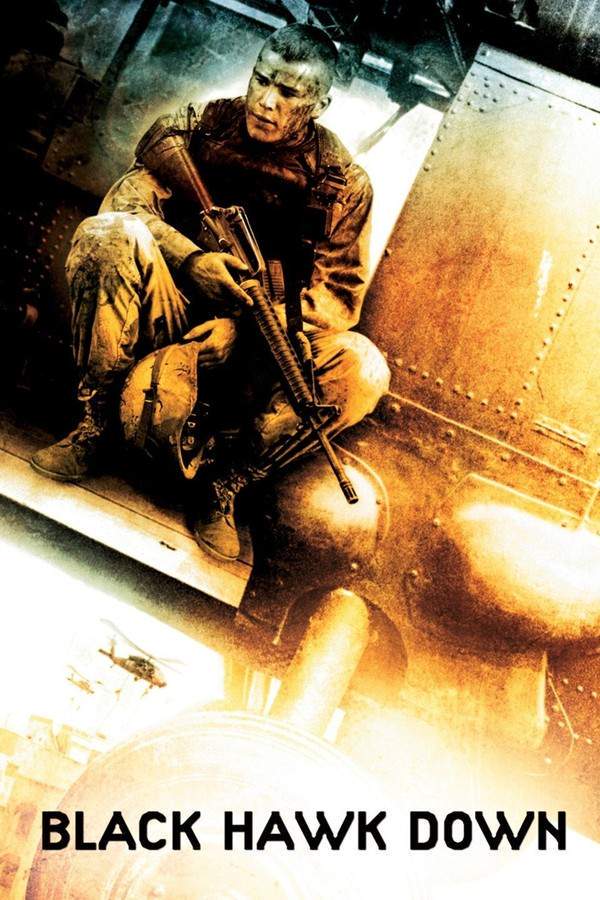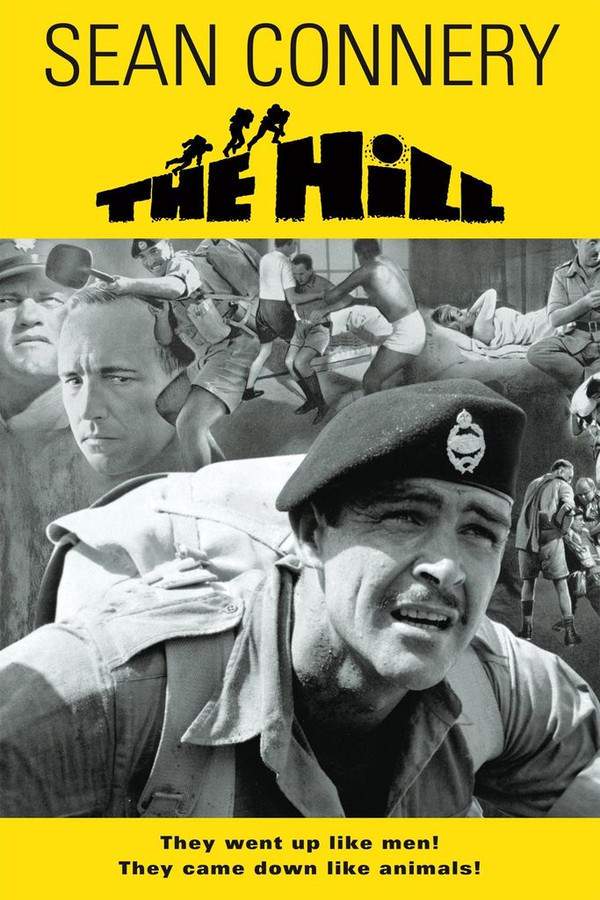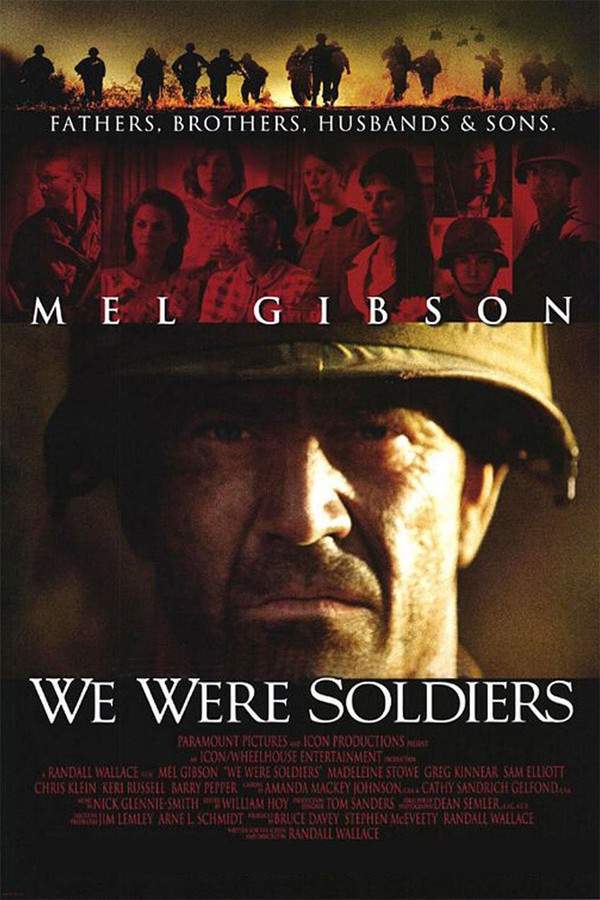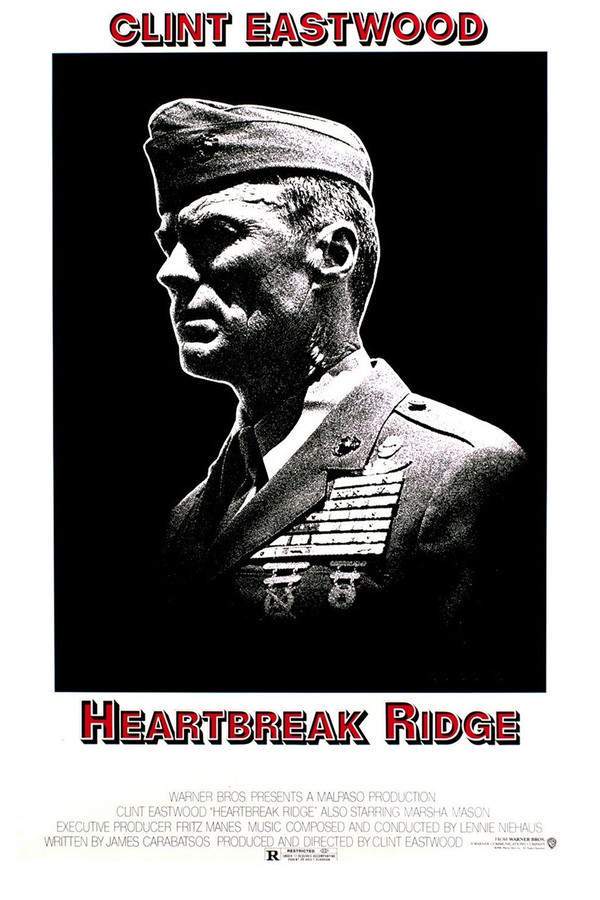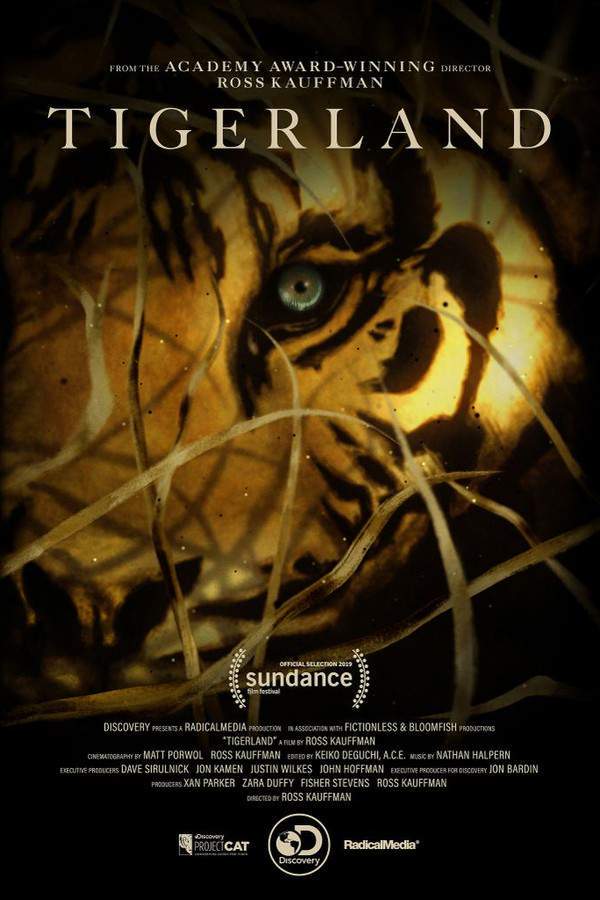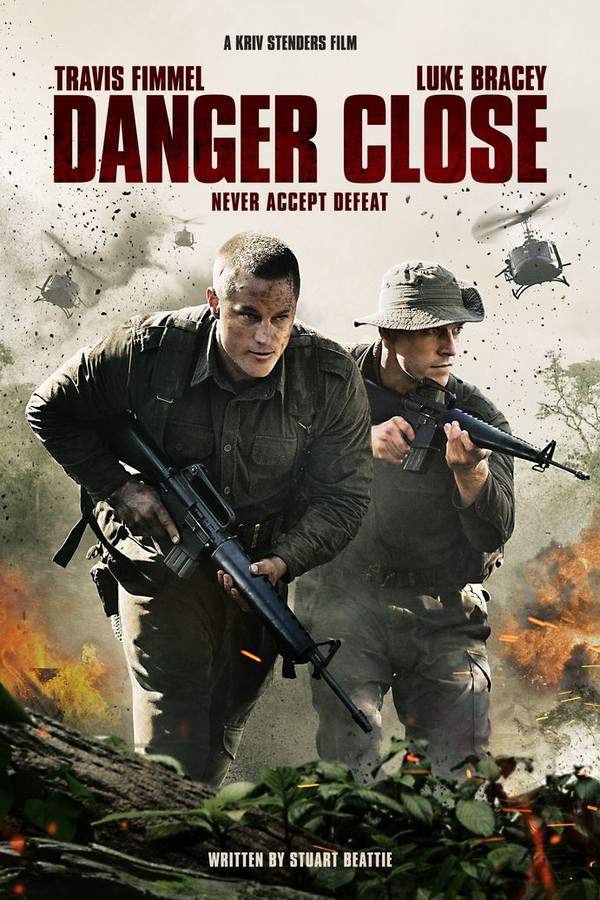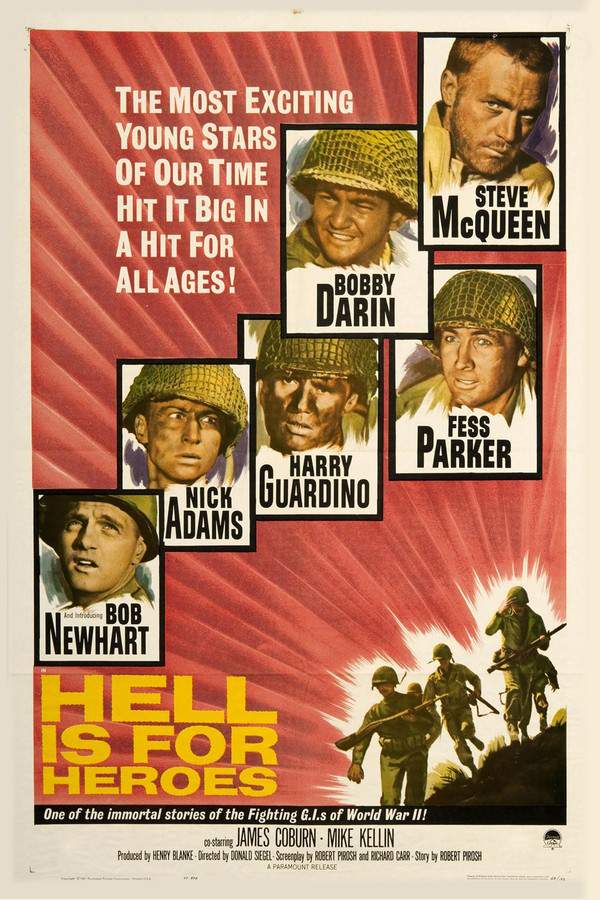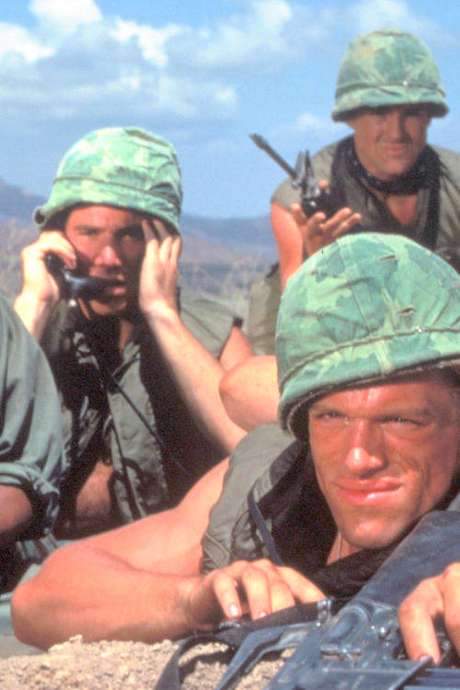Hamburger Hill 1987
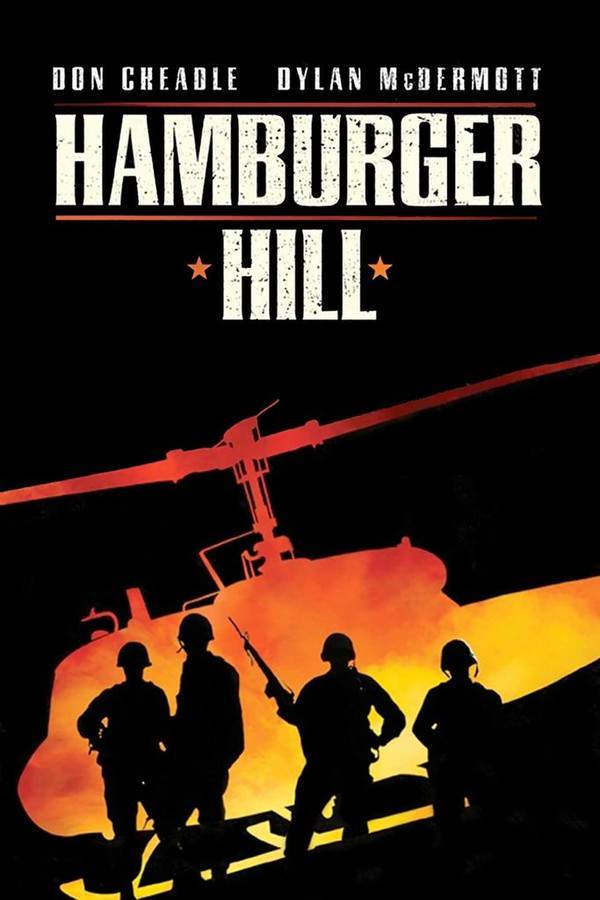
In May 1969, a battle-weary squad faces a grueling challenge: capturing the heavily fortified Hamburger Hill. Amidst the intense heat and relentless enemy fire, Lieutenant Frantz and his men confront not only a formidable opponent but also simmering racial tensions and personal struggles. A medic, Doc, provides a much-needed sense of hope and stability as the squad perseveres through the brutal and controversial conflict.
Does Hamburger Hill have end credit scenes?
No!
Hamburger Hill does not have end credit scenes. You can leave when the credits roll.
Meet the Full Cast and Actors of Hamburger Hill
Explore the complete cast of Hamburger Hill, including both lead and supporting actors. Learn who plays each character, discover their past roles and achievements, and find out what makes this ensemble cast stand out in the world of film and television.
External Links and Streaming Options
Discover where to watch Hamburger Hill online, including streaming platforms, rental options, and official sources. Compare reviews, ratings, and in-depth movie information across sites like IMDb, TMDb, Wikipedia or Rotten Tomatoes.
Ratings and Reviews for Hamburger Hill
See how Hamburger Hill is rated across major platforms like IMDb, Metacritic, and TMDb. Compare audience scores and critic reviews to understand where Hamburger Hill stands among top-rated movies in its genre.

64
Metascore
7.5
User Score


100%
TOMATOMETER

72%
User Score

6.7 /10
IMDb Rating

66
%
User Score
Take the Ultimate Hamburger Hill Movie Quiz
Challenge your knowledge of Hamburger Hill with this fun and interactive movie quiz. Test yourself on key plot points, iconic characters, hidden details, and memorable moments to see how well you really know the film.
Hamburger Hill Quiz: Test your knowledge on the intense and emotional journey of soldiers during the brutal Vietnam War.
What is the primary setting of 'Hamburger Hill'?
Vietnam
Korea
Iraq
Afghanistan
Show hint
Full Plot Summary and Ending Explained for Hamburger Hill
Read the complete plot summary of Hamburger Hill, including all major events, twists, and the full ending explained in detail. Explore key characters, themes, hidden meanings, and everything you need to understand the story from beginning to end.
In South Vietnam, 1969, a unit of the 3rd Battalion of the 101st Airborne prepares to head into combat once again, welcoming five new recruits known as FNGs (new guys). Among them are Private Beletsky (Tim Quill), who worries he won’t remember his training, Private Languilli (Anthony Barrile), who is frustrated by the mispronunciation of his name, and Private Washburn (Don Cheadle), along with Private Beinstock and Private Galvan (Michael A. Nickles), the most reserved yet promising newcomer. They are mentored by their weary squad leader, Sgt. Adam Frantz (Dylan McDermott), who guides them through an intense crash course encompassing essential battlefield skills, from maintaining oral hygiene to showcasing the vulnerabilities of their defenses through a demonstration by a captured NVA soldier.
The unit also contends with a new commander, Lieutenant Eden, who needs the expertise and fortitude of both Sgt. Frantz and platoon-Sgt. Worcester. The platoon’s machine-gun team consists of the robust Private Duffy (Harry O’Reilly) and his mismatched friend Private Gaigan (Daniel O’Shea). The trio of African-American veterans—Private Motown (Michael Boatman), Medical Specialist ‘Doc’ Johnson, and Sergeant McDaniel (Don James)—each grapple with the ongoing racial discrimination within the military.
Their initiation into war arrives suddenly when tranquility by the river is shattered by an enemy artillery barrage, leading to the tragic death of Galvan. As the days progress, the platoon ventures into the A Shau Valley on May 10, 1969, where they encounter an enemy patrol, igniting a fierce firefight that costs Sgt. McDaniel his life. This event stirs emotions, particularly heightened by the fact that McDaniel was close to the end of his tour and, due to his race, was denied opportunities for rear-line assignments.
The platoon then embarks on a relentless assault against the enemy-held Hill 937, confronting unexpectedly fierce resistance from well-prepared NVA forces. As they face repeated assaults with devastating air strikes rendering the once vibrant hill into a desolate wasteland, they are met with tragedy when Duffy, in a desperate charge wielding an M-60, suffers from a misdirected airstrike that leads to many casualties, including himself.
Amidst the chaos, the dwindling platoon manages to find brief moments of respite, sharing their feelings about the cultural upheavals unfolding back home. Beinstock is crushed by a Dear John letter from his girlfriend, while Beletsky receives an unexpectedly touching tape from his girl, which mentions Frantz’s name, moving him deeply. Frantz expresses his disdain for draft-dodgers over a confrontation with a TV reporter, emphasizing his respect for the NVA’s commitment even amidst the conflict. Worcester shares the alienation he feels from anti-war sentiments back home and reflects on the relationships fractured by war.
Determined to take the hill, the weary soldiers press on through torrential rains, where tragedy strikes again as Gaigan falls and Doc Johnson is injured. Before he is evacuated, Doc implores Frantz and Worcester to seize the hill, leaving them with a sense of pride to strive for.
On May 20, the survivors rally for their final, eleventh assault, fueled by a mix of bitterness, exhaustion, and a longing for pride in their unit. Although the last enemy positions are overrun, the battle exacts a heartbreaking toll. Lieutenant Eden loses an arm, and Worcester, Motown, Beinstock, and Languilli are lost before only three—Sgt. Frantz, Beletsky, and Washburn—remain atop the hill, weary and wounded as silence envelops the battlefield at last.
Uncover the Details: Timeline, Characters, Themes, and Beyond!

Coming soon on iOS and Android
The Plot Explained Mobile App
From blockbusters to hidden gems — dive into movie stories anytime, anywhere. Save your favorites, discover plots faster, and never miss a twist again.
Sign up to be the first to know when we launch. Your email stays private — always.
Watch Trailers, Clips & Behind-the-Scenes for Hamburger Hill
Watch official trailers, exclusive clips, cast interviews, and behind-the-scenes footage from Hamburger Hill. Dive deeper into the making of the film, its standout moments, and key production insights.
Cars Featured in Hamburger Hill
Explore all cars featured in Hamburger Hill, including their makes, models, scenes they appear in, and their significance to the plot. A must-read for car enthusiasts and movie buffs alike.
Hamburger Hill Themes and Keywords
Discover the central themes, ideas, and keywords that define the movie’s story, tone, and message. Analyze the film’s deeper meanings, genre influences, and recurring concepts.
Hamburger Hill Other Names and Titles
Explore the various alternative titles, translations, and other names used for Hamburger Hill across different regions and languages. Understand how the film is marketed and recognized worldwide.
Similar Movies To Hamburger Hill You Should Know About
Browse a curated list of movies similar in genre, tone, characters, or story structure. Discover new titles like the one you're watching, perfect for fans of related plots, vibes, or cinematic styles.
Quick Links: Summary, Cast, Ratings, More

What's After the Movie?
Not sure whether to stay after the credits? Find out!
Explore Our Movie Platform
New Movie Releases (2026)
Famous Movie Actors
Top Film Production Studios
Movie Plot Summaries & Endings
Major Movie Awards & Winners
Best Concert Films & Music Documentaries
Movie Collections and Curated Lists
© 2026 What's After the Movie. All rights reserved.


